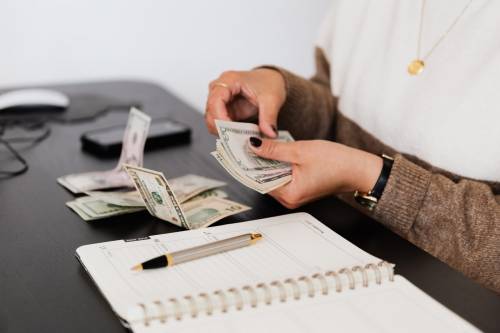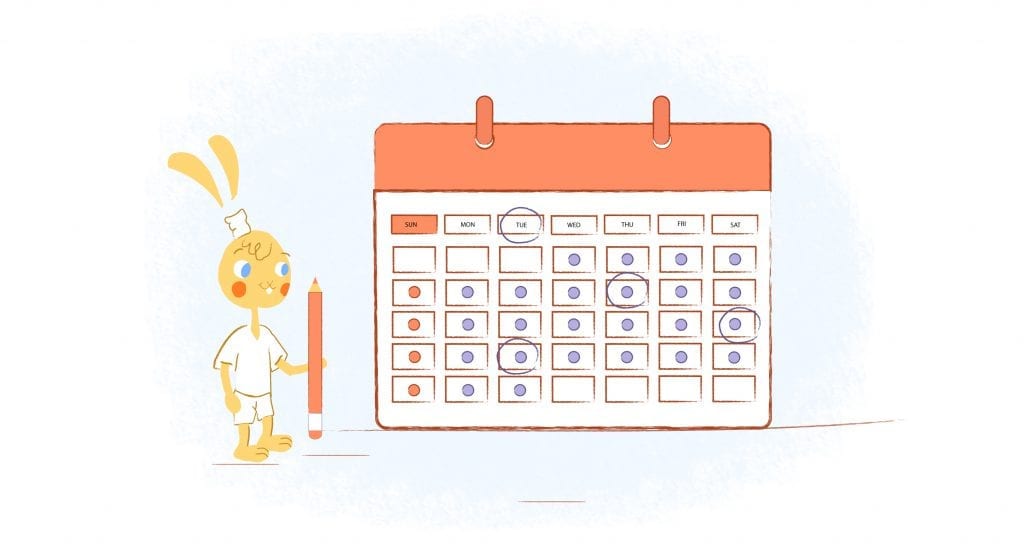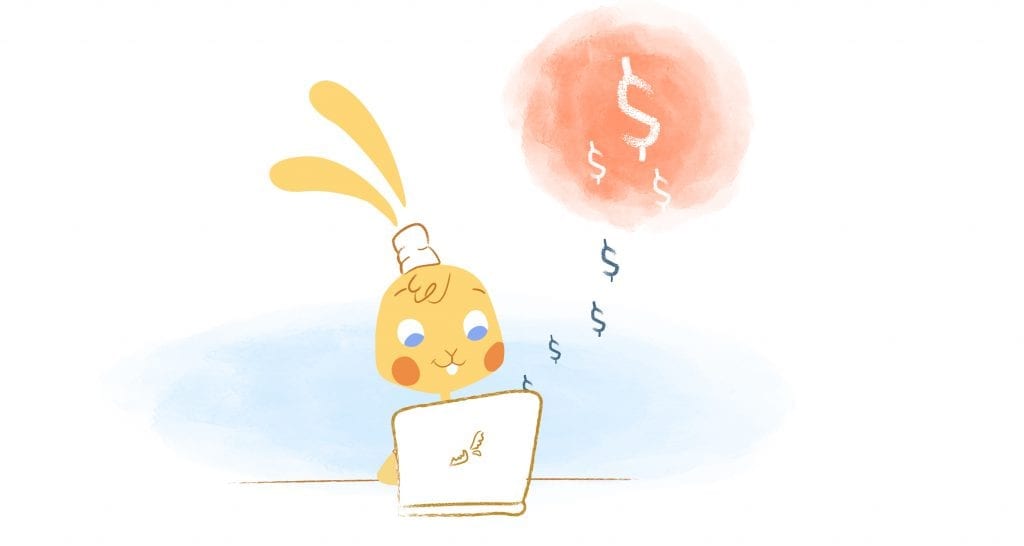

Tax Day has been pushed back to May 17th this year due to lingering complications from the COVID-19 pandemic. Normally, Tax Day would fall on April 15th — but, whenever you get your tax return — millions of Americans will enjoy that money hitting their bank accounts. This has been a long, long year of work.
Ways to Use Your Tax Return the Smart Way
Far too often, that lovely tax return is thrown away on luxury items and impulse buys that hold little value in the long run. While this might be an enjoyable way to celebrate the extra cash flow, there are far better ways to use your tax return than buying a fancy new watch or using it as an excuse to hit the casino.
1. Pad Your Emergency Fund
Your savings account likely took a big hit during the pandemic. If you didn’t have anything put in savings before, you probably wish you had. An emergency fund is one of the best safety nets you can set in preparation for unknown disasters, whether it be a global pandemic, your only vehicle breaking down, or unexpected medical bills.
You don’t have to put every dime of your tax return into an emergency fund, but plan to add a significant portion. Most experts will recommend anything from three to six months’ worth of your income to be set aside in an emergency fund.
An emergency fund will get you by even if you ever happen to lose your job for an extended period, which was all too commonplace during COVID-19.
2. Accelerate Debt Payments
When savings accounts diminish, debt often rises. Either a payday loan is needed to make ends meet for a short while or the lack of a savings account makes it impossible to make big payments in cash. If you find yourself weighed down by debt, your tax return can help ease the burden.
Even if you’re on top of your finances, debt can come in the form of a mortgage payment or a business loan that you still need to cover. The faster you can pay off these loans, using your Calendar as a guide, the less interest will accrue that will need to be paid on top of the loan amount. Additionally, the less debt you have, the freer you’ll feel in your financial life.
3. Look at Investments
When you purchase a product, its original value drops almost immediately. An extreme example can be found at your local car dealership. When you drive a car off the lot after buying it, it loses up to 20% of its value in an instant. Now, if you need a car and will get a lot of use out of it, this isn’t a bad purchase, but other unnecessary purchases such as a brand new TV are questionable uses of your tax return.
To make better use of the money you get, look for ways to invest. This way, your money is increasing in value over time instead of depreciating immediately with a purchase. Retirement funds such as a 401(k) or an IRA are great options for anyone, as they require no investment experience to make smart contributions.
You should also consider sitting down with a financial advisor to weigh the pros and cons of investing in stocks, bonds, and cryptocurrency, which have more risk but yield higher returns when done correctly.
4. Stock Up on Supplies
Sure it would be cool to buy the newest back massager on the market, but you can be a lot more practical than that. Before you go overboard with non-essential purchases, stock up on some needed supplies. You wouldn’t want to get stuck without toilet paper again after all.
Many of the supplies you buy regularly can be stored for a long time, such as paper products and canned food. When you buy these in bulk, you don’t have to worry about expiration or best buy dates. Having back-ups can come in handy in a pinch, and you can typically get a discount when buying in bulk, saving you money in the long run. If you use your Calendar to coordinate shopping runs, take these bulk purchases into consideration.
5. Improve Your Home
Your house will be one of the biggest investments you ever make. People spend so much time at home, more so now due to the rise of remote work in the wake of COVID-19, that it only makes sense to do what you can to turn your house into a home. Home improvement projects will make your property look and feel nicer and get you one step closer to your dream home.
Run a quick audit of your home and look for where improvements are needed. Perhaps you need new countertops or to repaint the master bedroom. Your tax return will make such improvements possible without ever needing to touch your bank account.
If you end up selling your home, the improvements you make will increase its value, further strengthening the investment you’ve made. Plan your projects out using your Calendar to minimize the total expense, therefore maximizing what you get out of your return.
6. Invest in Yourself
As soon as that tax return hits your bank account, you’ll hear people telling you to treat yourself. They’re right, to an extent anyway. While they might mean you should buy a few gallons of your favorite ice cream and get a top-of-the-line massage, and a beneficial use of your tax return can also be found by investing in yourself.
Start by looking for a class you can take to add to your repertoire. For example, if you work in marketing, specializing in paid advertising, consider taking a course on social media marketing to broaden your skillset.
There are plenty of available courses online, and learning all you can about your industry will help you be better at your current job and open up new doors for you.
Certifications are another valuable asset for your professional career. In some instances, you’re required to take a class before becoming certified, which comes with a test and payment before you’re rewarded for your efforts. In the tech industry, there are tons of certifications for individual pieces of software that will help you stand out from the rest.
Do you have a better idea of you to utilize your tax return now? By even putting a portion of it to better use, you’ll be using this to your advantage instead of wasting it away.
Image Credit: karolina grabowska; pexels











Max Palmer
I'm Max, and I love helping businesses we work with expand their businesses online. Growth potential is what we strive for! I help with press, productivity and overall business needs for business owners.